Bud Freeman - Golden Selection (Remastered) (2021)
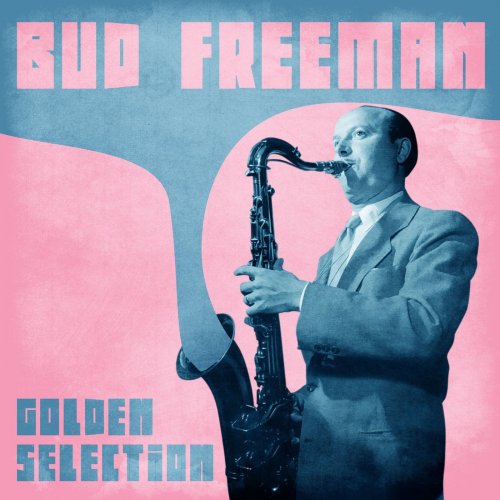
Artist: Bud Freeman
Title: Golden Selection (Remastered)
Year Of Release: 2021
Label: Master Tape Records
Genre: Jazz
Quality: FLAC (tracks)
Total Time: 2:03:42
Total Size: 521 MB
WebSite: Album Preview
Tracklist:Title: Golden Selection (Remastered)
Year Of Release: 2021
Label: Master Tape Records
Genre: Jazz
Quality: FLAC (tracks)
Total Time: 2:03:42
Total Size: 521 MB
WebSite: Album Preview
Disc 1
01. Three Little Words (Remastered)
02. I Can't Give You Anything but Love (Remastered)
03. Blue Room (Remastered)
04. Tia Juana (Remastered)
05. Sunday (Remastered)
06. Ol' Man River (Remastered)
07. Tappin' the Commodore Till (Remastered)
08. After Awhile (Remastered)
09. Swinging Without Mezz (Remastered)
10. Jack Hits the Road (Remastered)
11. That da da Strain (Remastered)
12. I Don't Believe It (Remastered)
13. Inside on the South Side (Remastered)
14. The Atomic Era (Remastered)
15. Town Hall Blues (Remastered)
16. Big Boy (Remastered)
17. What's the Use? (Remastered)
18. Craze-Ology (Remastered)
19. Three's a Crowd (Remastered)
20. Dark Eyes (Remastered)
21. Midnight at Eddie Condon's (Remastered)
Disc 2
01. Where Have You Been? (Remastered)
02. Tillie's Downtown Now (Remastered)
03. Life Spears a Jitterbug (Remastered)
04. The Eel (Remastered)
05. Memories of You (Remastered)
06. Tea for Two (Remastered)
07. My Honeys Loving Arms (Remastered)
08. Sentimental Baby (Remastered)
09. Keep Smiling at Trouble (Remastered)
10. Honeysuckle Rose (Remastered)
11. What Is There to Say? (Remastered)
12. At Sundown (Remastered)
13. Copenhagen (Remastered)
14. You Took Advantage of Me (Remastered)
15. Can't Help Lovin' Dat Man (Remastered)
16. At the Jazz Band Ball (Remastered)
17. I Got Rhythm (Remastered)
18. I'm Just Wild About Harry (Remastered)
19. Exactly Like You (Remastered)
20. Shim-Me-Sha-Wabble (Remastered)
When Bud Freeman first matured, his was the only strong alternative approach on the tenor to the harder-toned style of Coleman Hawkins and he was an inspiration for Lester Young. Freeman, one of the top tenors of the 1930s, was also one of the few saxophonists (along with the slightly later Eddie Miller) to be accepted in the Dixieland world, and his oddly angular but consistently swinging solos were an asset to a countless number of hot sessions.
Freeman, excited (as were the other members of the Austin High School Gang in Chicago) by the music of the New Orleans Rhythm Kings, took up the C-melody sax in 1923, switching to tenor two years later. It took him time to develop his playing, which was still pretty primitive in 1927 when he made his recording debut with the McKenzie-Condon Chicagoans. Freeman moved to New York later that year and worked with Red Nichols' Five Pennies, Roger Wolfe Kahn, Ben Pollack, Joe Venuti, Gene Kardos, and others. He starred on Eddie Condon's memorable 1933 recording "The Eel." After stints with Joe Haymes and Ray Noble, Freeman was a star with Tommy Dorsey's Orchestra and Clambake Seven (1936-1938) before having a short unhappy stint with Benny Goodman (1938). He led his short-lived but legendary Summe Cum Laude Orchestra (1939-1940) which was actually an octet, spent two years in the military, and then from 1945 on, alternated between being a bandleader and working with Eddie Condon's freewheeling Chicago jazz groups. Freeman traveled the world, made scores of fine recordings, and stuck to the same basic style that he had developed by the mid-'30s (untouched by a brief period spent studying with Lennie Tristano). Bud Freeman was with the World's Greatest Jazz Band (1968-1971), lived in London in the late '70s, and ended up back where he started, in Chicago. He was active into his eighties, and a strong sampling of his recordings are currently available on CD. ~ Scott Yanow
Freeman, excited (as were the other members of the Austin High School Gang in Chicago) by the music of the New Orleans Rhythm Kings, took up the C-melody sax in 1923, switching to tenor two years later. It took him time to develop his playing, which was still pretty primitive in 1927 when he made his recording debut with the McKenzie-Condon Chicagoans. Freeman moved to New York later that year and worked with Red Nichols' Five Pennies, Roger Wolfe Kahn, Ben Pollack, Joe Venuti, Gene Kardos, and others. He starred on Eddie Condon's memorable 1933 recording "The Eel." After stints with Joe Haymes and Ray Noble, Freeman was a star with Tommy Dorsey's Orchestra and Clambake Seven (1936-1938) before having a short unhappy stint with Benny Goodman (1938). He led his short-lived but legendary Summe Cum Laude Orchestra (1939-1940) which was actually an octet, spent two years in the military, and then from 1945 on, alternated between being a bandleader and working with Eddie Condon's freewheeling Chicago jazz groups. Freeman traveled the world, made scores of fine recordings, and stuck to the same basic style that he had developed by the mid-'30s (untouched by a brief period spent studying with Lennie Tristano). Bud Freeman was with the World's Greatest Jazz Band (1968-1971), lived in London in the late '70s, and ended up back where he started, in Chicago. He was active into his eighties, and a strong sampling of his recordings are currently available on CD. ~ Scott Yanow

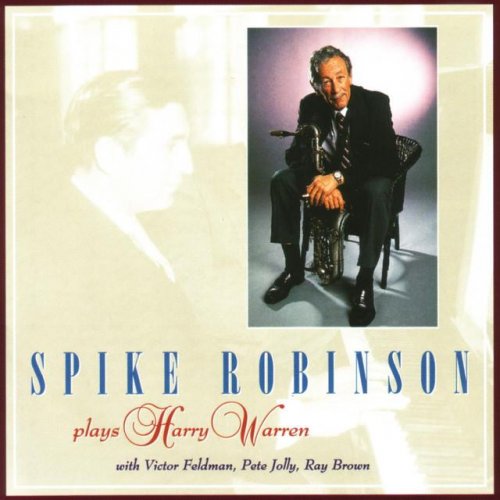
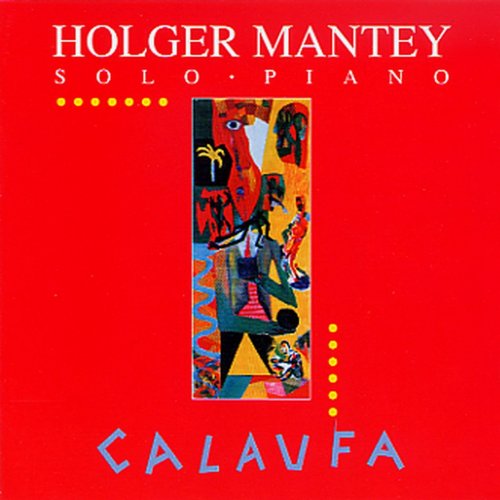
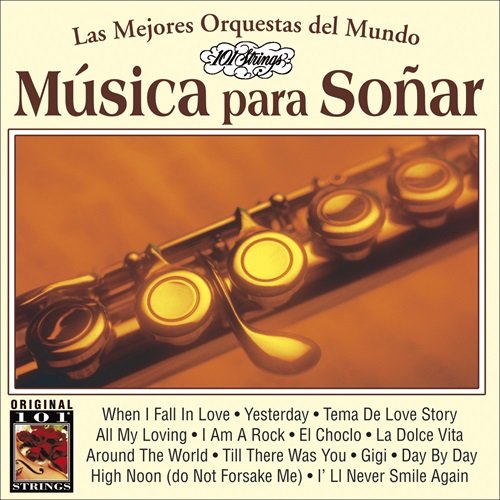
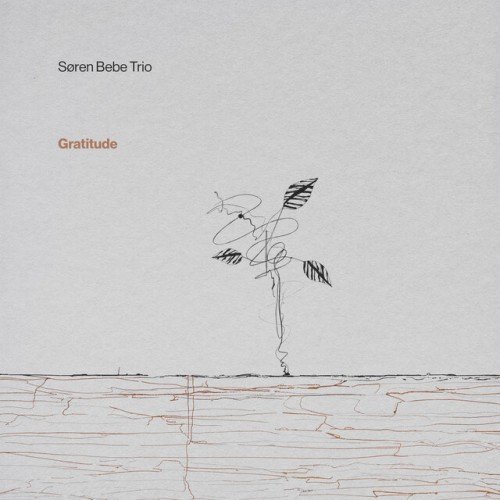
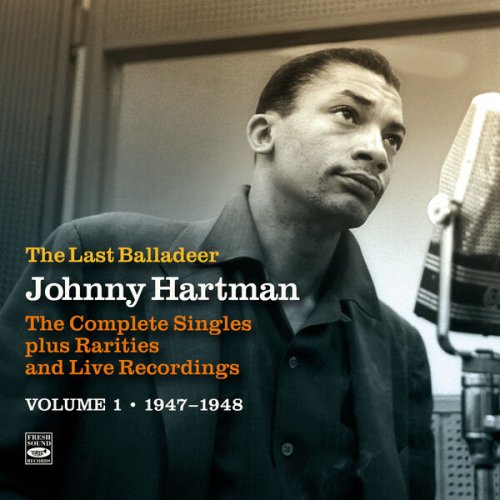
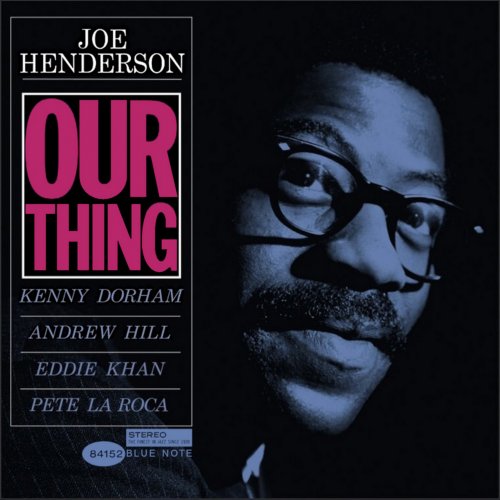
![VA - From the Archive Vol. 3... compiled by Volcov (2026) [Hi-Res] VA - From the Archive Vol. 3... compiled by Volcov (2026) [Hi-Res]](https://www.dibpic.com/uploads/posts/2026-02/1772033794_a3743742618_10.jpg)
![Julian Lage - Scenes From Above (Japanese Edition Bonus Track) (2026) [SHM-CD] Julian Lage - Scenes From Above (Japanese Edition Bonus Track) (2026) [SHM-CD]](https://www.dibpic.com/uploads/posts/2026-02/1772029332_front.jpg)